This week's journal question prompts you to reflect on your growth. "What Did I Learn About Myself This Week That I Can Use Going Forward?" may seem like a simple question, but there's a lot of power behind it.
Research* finds that individuals who take time to reflect on their tasks significantly outperform those who simply spend time accumulating more experience. It shows that reflecting, or what is called "articulating and codifying experience," enables a deeper understanding of the task at hand, leading to better results over time.
"Consider for instance a cardiac surgeon in training. She has completed ten operations under the eye of an instructor. It is in everyone’s interest for the cardiac surgeon to get better as fast as possible. Imagine she was given a choice in planning her agenda for the next two weeks. She could spend that time doing ten additional surgeries, or she could take the same amount of time alternating between a few additional surgeries and time spent reflecting on them to better understand what she did right or wrong. What would be the optimal use of her time?"
- Di Stafano, Gino, Pisano, and Staats*
Reflective thinking allows the surgeon to consciously review her actions, understanding what went right and what could be improved. It’s the difference between automatic, intuitive learning (System 1) and controlled, deliberate learning (System 2).
You might feel like taking time to reflect is a luxury, and people do prefer "doing" more tasks rather than taking time to think about what they’ve already done. But the study found that this approach isn’t as effective.
While it may seem productive to simply focus on doing more, taking time to reflect leads to deeper, more sustained learning and improvement.
Why Reflection Matters
Increased Job Performance: Employees who reflect regularly on their experiences perform significantly better than those who don’t. A study found a 23% performance boost in employees who took 15 minutes at the end of the day to reflect on what they had learned.
Enhanced Well-Being: Reflection has been linked to increased happiness and reduced burnout, as it helps employees process their workday more effectively.
Intentional Reflection: It's not just about thinking back; intentional analysis of actions and beliefs, alongside tools like feedback, pulse surveys, and recognition programs, supports personal growth.
Practical Steps: Suggestions for incorporating reflection include scheduling it into your routine, identifying key questions, and starting small to build the habit. Even short, 10-minute sessions can lead to significant benefits over time.
Learning Culture: Embedding reflection into the workplace culture, through regular opportunities for employees to reflect, leads to better engagement and personal development.
Reflecting on our experiences deepens our learning and builds the kind of confidence that comes from truly understanding what we've done well—and what can be improved. This is where the power lies: in moving from the automatic, unconscious process of just 'doing' to the conscious, deliberate practice of thoughtful review. Yes, it requires time and intention, but the impact is lasting.
To get the most out of this week’s question, try linking it to a practical cycle of learning:
Reflect: Think back over the week. What were the key experiences? What went well, and what challenged you?
Plan: What did you learn about yourself from these experiences? How might you use this insight going forward?
Practice: Consider how you’ll apply that learning in the week ahead. What new approaches or habits will you try?
Review: As you progress, take a moment to review—did your new approaches work? How might you adapt further?
By prioritising reflection, you're investing in your future performance, clarity in decision-making, and ultimately, long-term success. It's this blend of experience and reflection that will help you grow not just as a professional, but as a leader.
* Di Stefano, Giada & Gino, Francesca & Pisano, Gary & Staats, Bradley. (2014). Learning by Thinking: How Reflection Aids Performance. SSRN Electronic Journal. 2015. 10.2139/ssrn.2414478.
PS: This article is part of a bi-weekly email series explaining the leadership questions in the Architect’s Leadership Journal. You can join this email series here.

